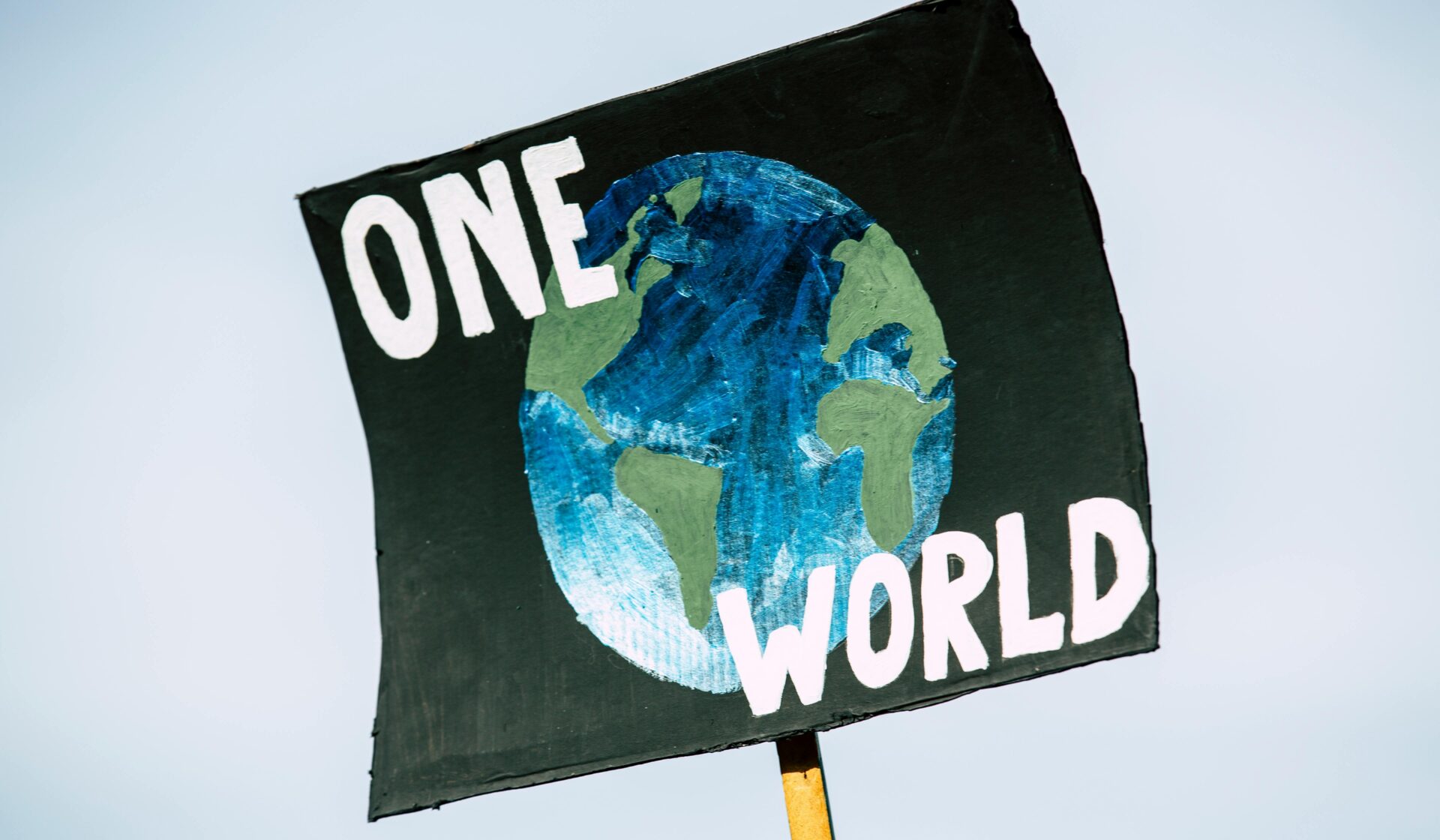Besides the Vatican, it’s the only nation in the world that hasn’t joined the Convention on Biological Diversity – the single most important global treaty designed to safeguard Earth’s animals and ecosystems. What’s behind this reluctance to stave off ecological collapse?
As it stands, only two countries haven’t joined the UN Convention on Biological Diversity (CBD): the Vatican and the US.
Given America has some of the strongest environmental laws in the world – like the Endangered Species Act and the Clean Water Act – as well as the fact it invests billions of dollars to fight climate change and wildlife declines and produces a significant amount of leading research in the field, this has been described as a ‘major holdout.’
Particularly because the CBD is the single most important global treaty designed to safeguard Earth’s animals and ecosystems: and our best bet at staving off ecological collapse.
The pact, which is now over 30 years old, is a key international instrument for sustainable development, with an overall objective of encouraging actions for the conservation of biodiversity, the sustainable use of its components, and the sharing of the various benefits of genetic resources fairly.
Environmentalists and scientists have long-urged the US to sign what it helped craft, but the Senate has continued to ratify it.
‘Conservative nationalists in the United States (including the Senate) have long mistrusted international agreements,’ Stewart Patrick, a senior fellow at the Carnegie Endowment for International Peace, told Vox in 2021.
They view them, he added, ‘as efforts by the United Nations and foreign governments to impose constraints on US constitutional independence, interfere with US private sector activity, as well as create redistributionist schemes.’
In other words, though the US embraces the objectives of the CBD, and has even pledged to protect 30 per cent of all land and oceans by 2030, because it doesn’t endorse a few of the framework’s targets related to the private sector, it doesn’t want to be involved.
For the foreseeable future, this probably won’t change, making it harder for the CBD to get anything done.
‘The world is in the throes of an ecological emergency,’ Patrick said.
‘Given the scale of that, it’s embarrassing to have the United States be AWOL. It just undermines what is already a really heavy lift.’
Regardless, the members that have signed (governments from more than 190 countries) will meet this week in Colombia for COP16 to negotiate plans for protecting forests and oceans, including how to raise around $700 billion for conservation.

















